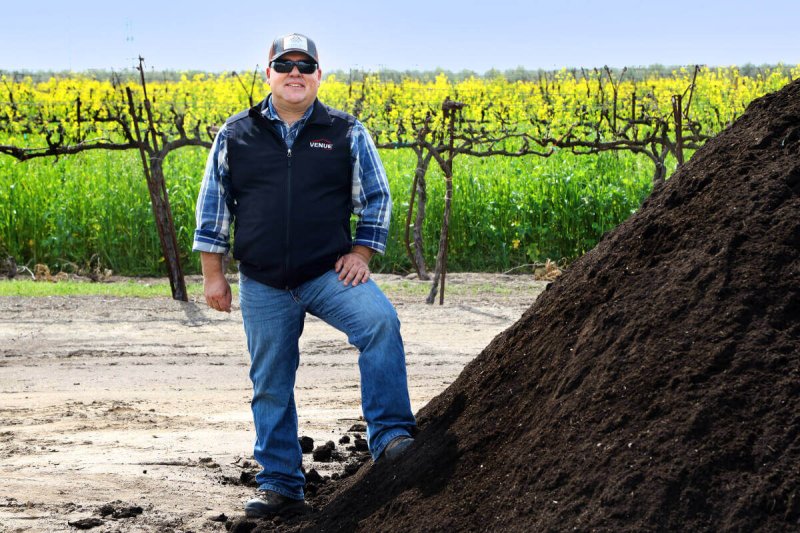A recent study by Bain & Company and Nature United, the Canadian affiliate organization of the Nature Conservancy, shows that transitioning to regenerative farming techniques can help farmers reduce their emissions and increase profits. It says emissions could be cut in half per hectare farmed (one hectare is equivalent to 2.47 acres).
Follow the latest news and policy debates on sustainable agriculture, biomedicine, and other ‘disruptive’ innovations. Subscribe to our newsletter.
The study with Bain looked more specifically at four techniques that would be the most affordable with more immediate results for farmers:
- Crop rotation, which means changing out which crops are grown according to weather patterns and seasons.
- Cover crops, which are crops that are planted to enrich the soil and protect cash crops.
- Reduced tillage, or decreasing the amount soil is moved or disturbed in order to let it settle and harbor microorganisms that provide nutrients.
- Nutrient management is the balancing of the soil condition, water, and weather conditions in order to achieve the optimal amount of nutrients necessary for crops.
The idea is that all of these techniques are part of a farming system that can produce nutrient-rich soil to grow food year after year with minimal intervention.































